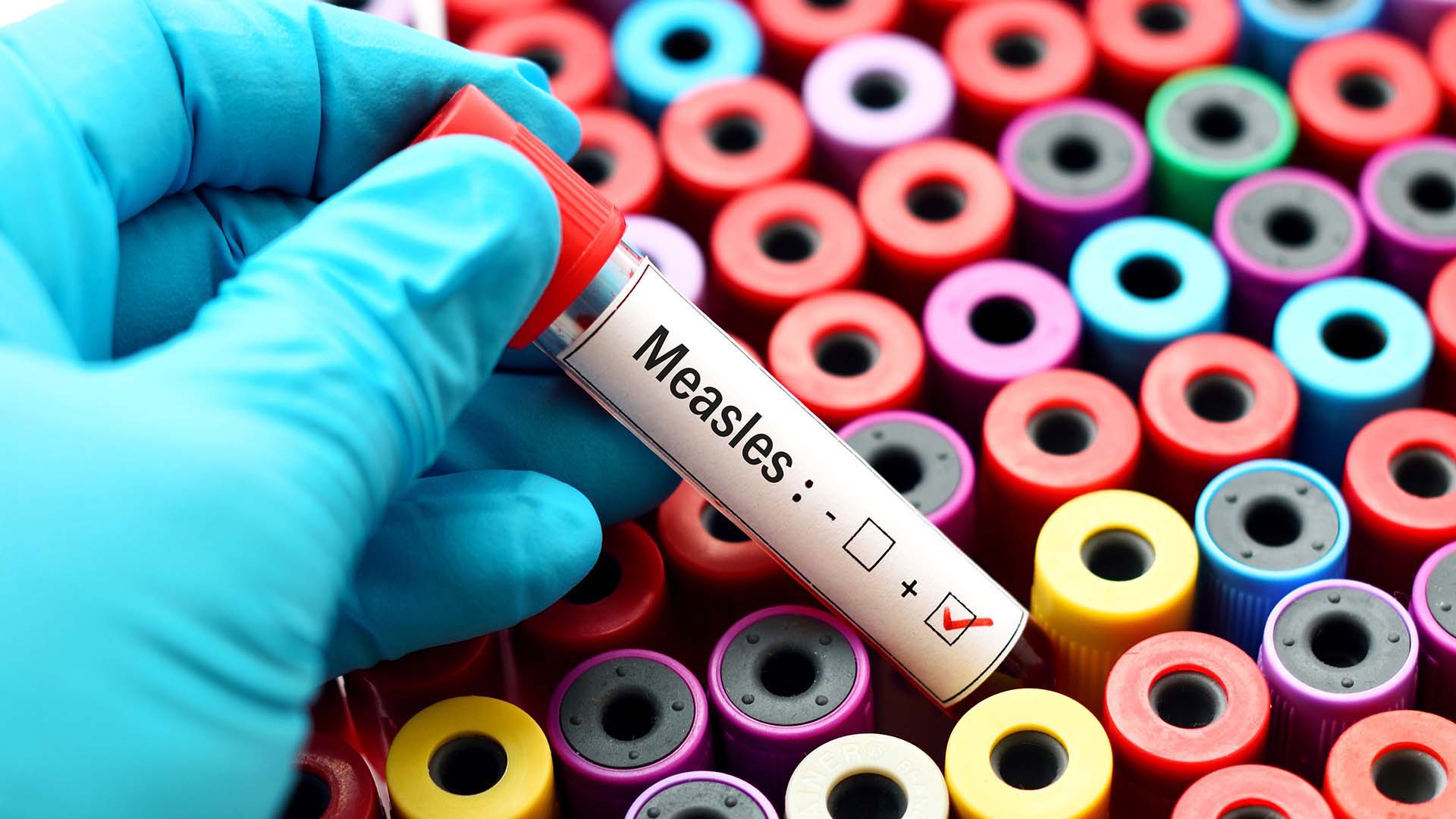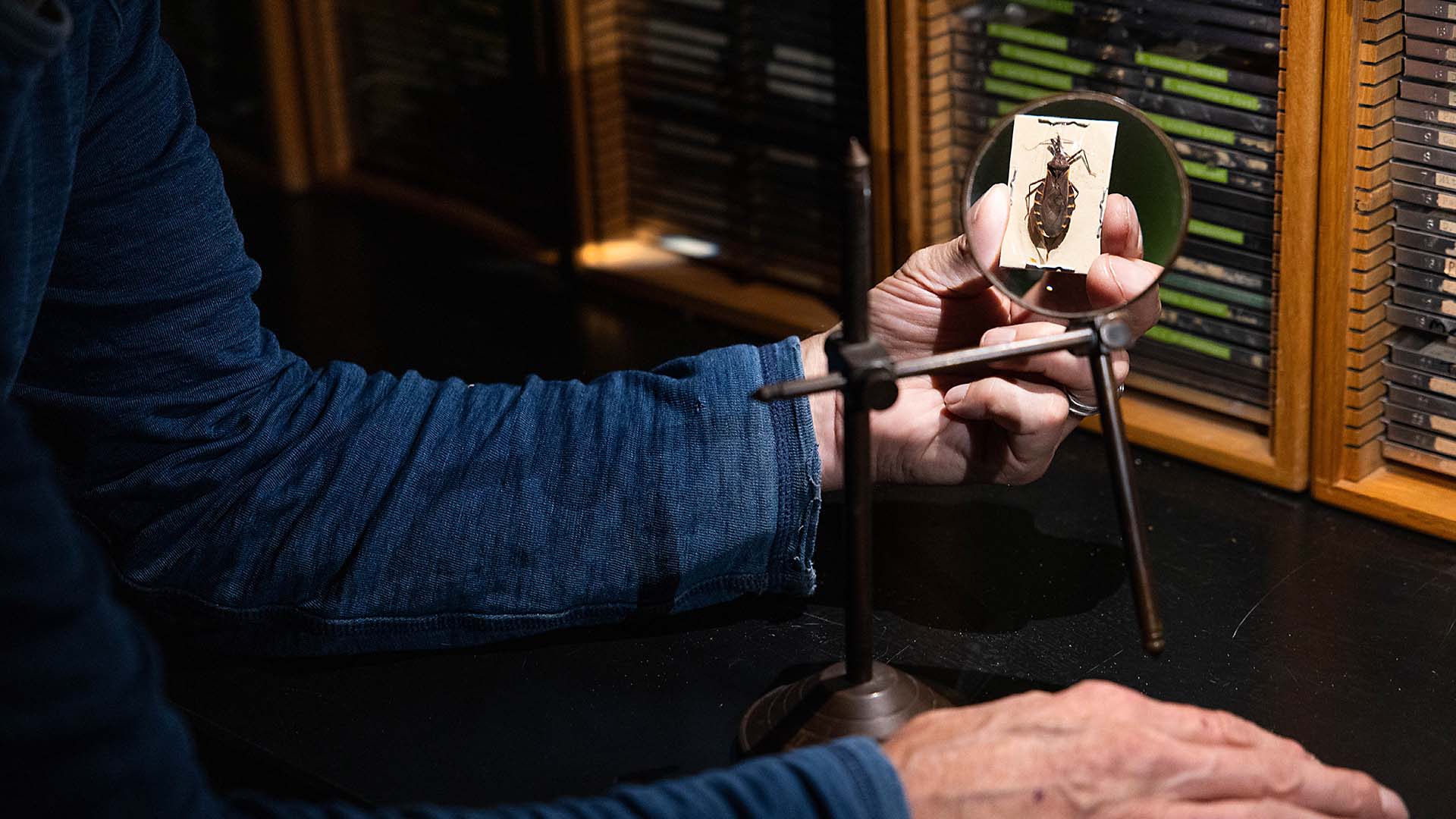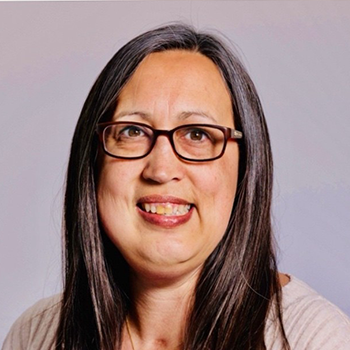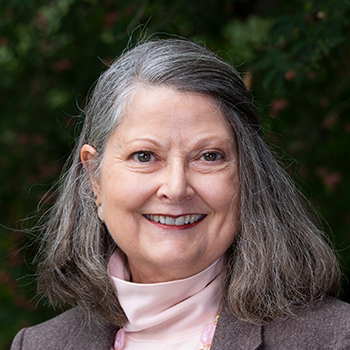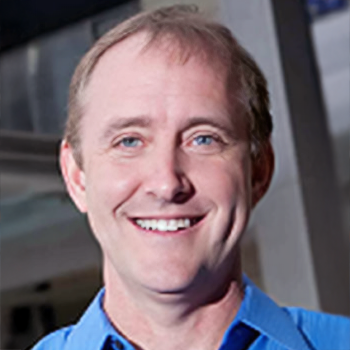MSU Denver nursing grad serves in Army’s new Covid-focused medical unit
Steve Wiseman’s zigzaggy path to nursing and service served him well in his deployment to south Texas as a member of the military’s new Urban Augmentation Medical Task Force.
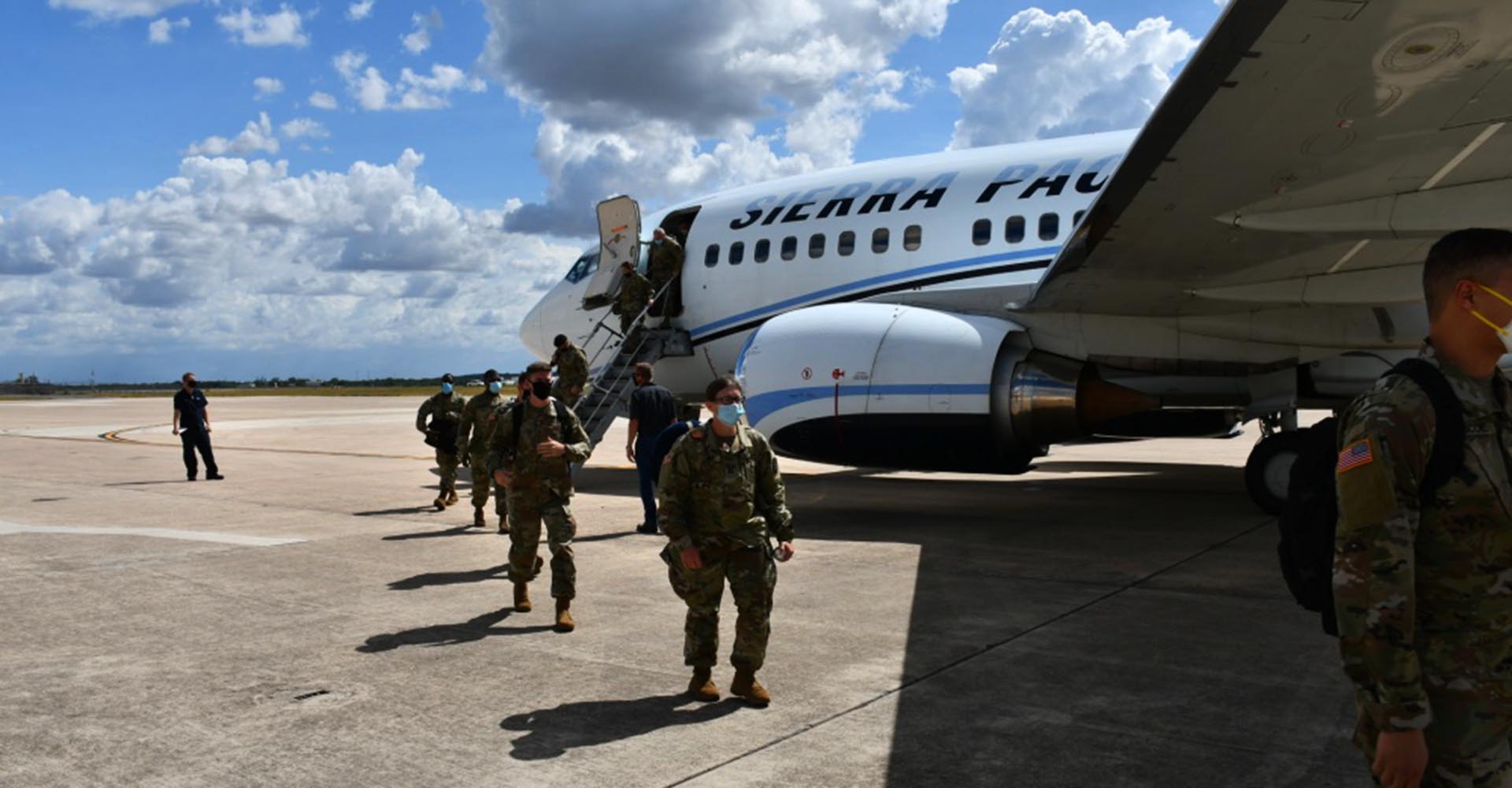
Prior to the pandemic, U.S. Army Reserve medical personnel might have expected to get called up for overseas duty. But in late 2020, Army Reserve Capt. Steven Wiseman found himself deployed to the southern tip of Texas to respond to the Covid-19 crisis.
Wiseman, a nurse practitioner in the University of Virginia Health System who specializes in treating patients with neurological and spinal injuries, was deployed to Harlingen, Texas, last July through October as part of a new Urban Augmentation Medical Task Force created last year to respond to the Covid-19 pandemic.
There, he and fellow members of the newly formed task force treated coronavirus patients at a hospital where the caseload had exceeded capacity, said Wiseman, who earned his Bachelor of Science in Nursing at Metropolitan State University of Denver. He also has a master’s in nursing from the University of Alabama-Birmingham.
The UAMTF added “more, and fresh, and capable people to supplement what they were doing,” he said. “What we were doing there was just practicing really good critical-care medicine to the best of our ability.”
As Covid-19 surged through various regions of the country last spring, the Army Reserve created UAMTFs to respond to overwhelmed hospitals. They consist of the right mix of troops, matched up from around the country, to fully staff a Covid-19 ward, including administrative staff and medical professionals ranging from infectious-disease specialists and respiratory therapists to nurses, dietitians and pharmacists.
The Federal Emergency Management Agency can ask for help from other federal agencies and departments, depending on the emergency, including from the military. Help may come in the form of transportation, logistics or medical staff. An Army command at Joint Base San Antonio – U.S. Army North – is coordinating the military’s part of the Covid-19 response.
While Wiseman’s UAMTF group wrapped its service in October, at the request of FEMA the Army at the end of December mobilized as task force of Army and Air Force military medical personnel to California, where the virus is surging, according to the Army. In addition to the California effort, about 100 military medical personnel are working alongside civilian health care providers, helping treat Covid-19 patients in North Dakota, Wisconsin and the Navajo Nation.
From the mountains to the U.S. Army Reserve
Wiseman’s zigzaggy path to nursing and the Army Reserve prepared him for the deployment and working in the overwhelmed hospital.
The Virginia native studied environmental science before moving to Colorado to pursue his passion for the mountains. He taught outdoor-education courses for local nonprofits, schools, government agencies and ski resorts, and at one point he was an adjunct faculty member at Colorado Mountain College.
“I basically led all sorts of expeditions, in all seasons, in both the mountains of Colorado and the canyons of Utah,” he said.
Some of those courses included wilderness medicine – techniques he describes as figuring out “how do you provide really good medical care with limited resources?” That experience helped spark his desire to become a nurse and, later, his interest in joining the military.
Wiseman came down from the mountains in 2006 and took a few prerequisites at the Community College of Aurora before starting MSU Denver’s Accelerated Nursing Option, a Bachelor of Science in Nursing for students who already have a bachelor’s degree.
Following an internship at University of Colorado Hospital in Aurora’s intensive-care unit specializing in burns, Wiseman earned a new-graduate residency and a job there. A few years later, married with young kids, he moved back to Virginia with his family, earned his master’s in nursing and now works at the University of Virginia University Hospital in Charlottesville.

Wiseman then enlisted in the Army Reserves at 37 as a way to give back to people who had sacrificed for the greater good, he said. He accepted an officer’s commission as an Army Reserve ICU nurse, a position that built on his background working in austere and resource-limited environments and treating burn, trauma and even neurology patients.
“From a professional standpoint,” he said, “there was a lot of crossover.”
Lessons from the front lines
Wiseman already had experience treating Covid-19 patients when he got the call to serve in the newly formed UAMTF deployed to south Texas.
After the first wave of the disease hit Virginia last spring, he worked in his hospital’s Special Pathogens Unit set up to respond to the pandemic. By the time he got to Texas in late summer, the medical community knew more about how to treat the disease, and he found that his expertise in neurology was also relevant.
“It’s not uncommon for Covid patients to end up having strokes,” he said.
But even in a normal civilian hospital, nothing felt quite familiar in the makeshift Harlingen ward, Wiseman said. The task force had to get up to speed on equipment they weren’t used to, and it had to repurpose parts of the facility.
“For a while, we worked in an area that was their endoscopy suite,” he said.
Portable air filters helped convert the suite into a negative-pressure ICU, where the air couldn’t seep out into the rest of the hospital.
In the hospital, wearing N95 masks, surgical masks, face shields, gowns and gloves, he and members of the task force treated mostly ICU patients.
“Everybody was Covid,” he said. “Agewise, socioeconomically, it was everybody; it was all over the board. (The patients were) acutely ill and, in most cases, ventilated.”
Cases were spiking when the task force arrived in July and trailing off by the time it left in October, when the hospital was “slowly starting to convert units to normal operational duties,” he said.
Wiseman considers his service in Texas a learning experience that will help him be a better nurse.
“I think, just as with anything, the more knowledge you have, the better you are at anything you do,” he said.

